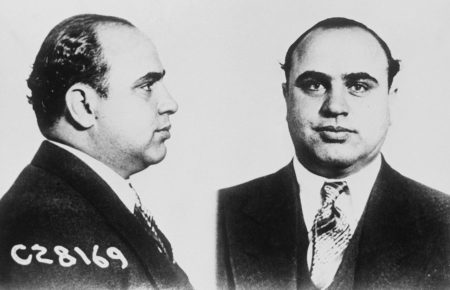Donations to charity are supposed to be motivated by generosity, not to benefit in a business deal in which you get something in return. That does not mean that you can’t claim a tax write-off, or even that you should not take a nice tax deduction into account when you are donating. However, the tax law is clear that you cannot write off a charitable contribution if it wasn’t really a charitable contribution. How does the IRS determine if a purported gift is really a transfer for value, rather than being purely motivated by charity?
For one thing, the IRS considers the donor’s business and whether the donor is benefited. Charitable contributions by real estate developers are one classic context in which this quid pro quo issue can arise. If a developer donates a city park in exchange for the rights to build a skyscraper, was that really a charitable contribution of the park land to the city? When evaluating a big tax write-off, the IRS might sniff out suspect motives for a donation. The quid pro quo problem can arise with a charitable contribution for something in return now, or for a promised benefit in the future.
The issue comes up on a small scale too. If your donations entitle you to merchandise, goods or services, you can only deduct the amount exceeding the fair market value of the benefits you received. If you pay $500 for a charity dinner ticket but receive a dinner worth $100, you can deduct $400, not the full $500. You can’t deduct the value of your time or services, either. This is so even if you bill by the hour and donate many hours of otherwise billable time to charity.
Conservation easements are another area ripe for the quid pro quo issue to come up. Conveying an asset to a charitable organization as part of a deal or arrangement to get something back from the organization can taint the contribution. If it is merely a business deal, it is not a charitable contribution.
In the Varsity Blues college admissions scandal, a number of parents were charged with crimes, including tax crimes. Two Senators wrote the IRS a letter pushing for full enforcement of the tax laws against the parents and others who were involved. Some parents had payments made from private foundations or businesses for what appear to be personal, illicit benefits to themselves or their children. In some cases, the letter notes, donations of stock were arranged to masquerade as charitable donations.
The Senate Finance letter points out that several of the parents involved in the scandal may have misappropriated funds from private foundations over which they have financial control in order to make illicit payments to the Key Worldwide Foundation. There are tight tax law controls over how private foundations spend money, with special restrictions on so-called self-dealing transactions. There were allegations that some parents paid bribes and other payments from accounts associated with their businesses, claiming business expense deductions.
There are numerous rules for substantiating donations. Cash contributions of $250 and up must be supported by a statement by the charity showing whether the charity provided any goods or services in exchange for the gift. If you donate property worth $250 or more you must also retain a statement by the charity describing the property and its value. If your non-cash contributions for the year exceed $500, you must complete IRS Form 8283, Non-cash Charitable Contributions, and attach it to your return. See the IRS Instructions.
If you donate property (or a group of similar items) worth more than $5,000, you must also complete Section B of Form 8283 which requires a “qualified appraiser” meeting IRS criteria. Be sure to allow time for these formalities. For these and other charitable contribution rules, see IRS Publication 526, Charitable Contributions. If you want the IRS’s take on valuation of noncash items, see IRS Publication 561, Determining the Value of Donated Property.
Read the full article here
















